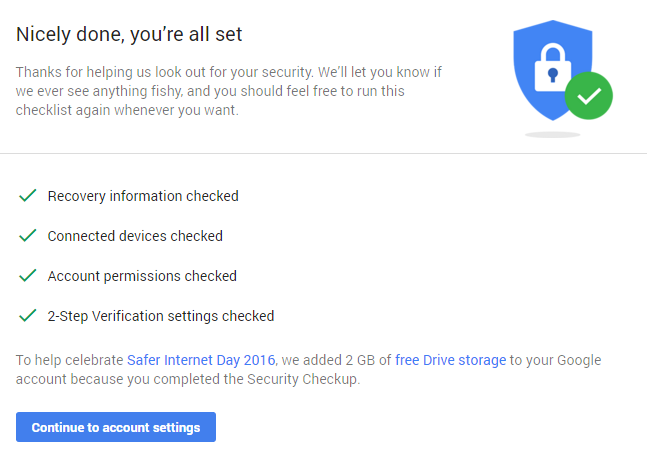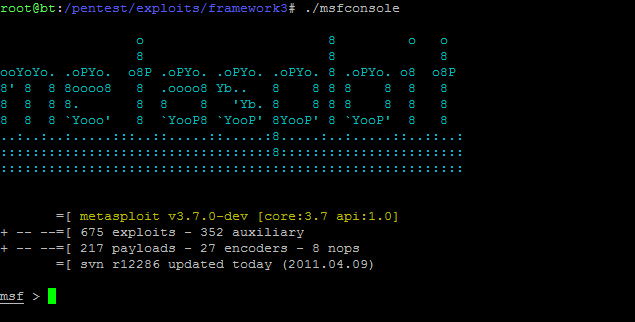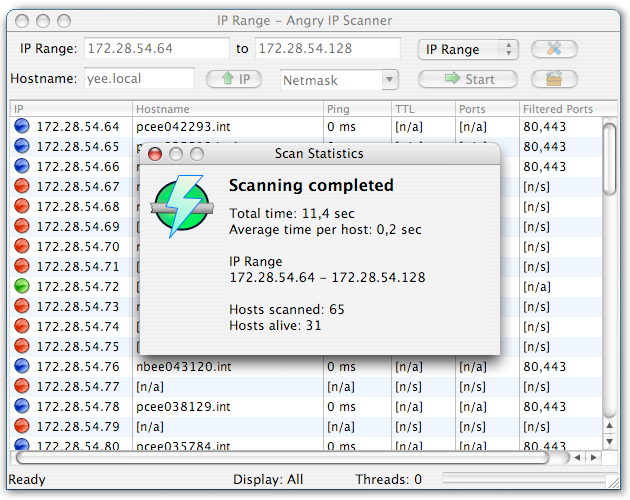The Apple vs. FBI controversy going on right now is quite the
techno-political drama. At the core of it is a topic that isn’t so
simple — encryption — and it’s all unfolding very rapidly and from many
corners of the Internet.
Some people have come up with a snarky shorthand for the case: FBiOS,
a portmanteau of FBI and iOS that represents a version of the Apple
operating system that would meet the needs of the FBI. Unfortunately,
this encapsulation hides the complexity of the situation.
The outcome of the case may have staggering implications. It affects Apple, currently
the most valuable company in the world, and it could change the way
millions of people view their iPhones: trusted smartphone or potential
government surveillance tool?
To help you stay on top of the story, we’ve put together a breakdown
of the important players in the case and their actions so far. We’ll
update this post as events unfold, so you’ll never miss a beat.
Tuesday, February 16
The issue came alive as Reuters reported that U.S. Magistrate Judge
Sheri Pym of the U.S. District Court’s Central District of California had ordered
Apple to help the Federal Bureau of Investigation (
FBI) unlock the Apple 5c formerly owned by
Syed Rizwan Farook, one of the two killers in the San Bernardino mass shooting in December.
The news came a week after FBI director
James Comey told
the Senate Intelligence Committee that the FBI was still in possession
of the phone and that the device remained encrypted, according to USA Today.
One of the key issues the FBI sought help with, as reported by
Reuters, was in getting around the iPhone’s authentication safeguard,
which
disables access after a certain number of incorrect passcodes have been attempted.
Wednesday, February 17
Apple CEO
Tim Cook came out swinging in response the court order. He issued a defiant letter
on the Apple homepage entitled: “A Message to Our Customers.” The FBI
had asked Apple “to build a backdoor to the iPhone,” Cook wrote.
The rhetoric was ominous. Cook’s use of the word “backdoor” harked
back to former National Security Agency contractor Edward Snowden, whose
leaked documents described the NSA’s apparent backdoors
into Apple, Facebook, Google, and Microsoft services. Each of those
companies had denied the allegations of illegal government access
immediately after initial reports of the NSA’s PRISM program surfaced.
“We do not provide any government agency with direct access to our
servers and any government agency requesting customer data must get a
court order,” Apple said in a statement at that time.
In the case of the San Bernardino shooter, as Cook wrote in his
letter, the FBI was actually trying to force Apple to create a new
version of iOS. In complying with the order, Apple would allow the FBI
to attempt millions of passcodes — ultimately circumventing encryption —
and then run the new OS on the now-deceased Farook’s iPhone, Cook
wrote.
“The FBI may use different words to describe this tool, but make no
mistake: Building a version of iOS that bypasses security in this way
would undeniably create a backdoor,” Cook wrote. “And while the
government may argue that its use would be limited to this case, there
is no way to guarantee such control.”
Cook ended the letter by clearly conveying that Apple would not
comply with the judge’s order. “Ultimately, we fear that this demand
would undermine the very freedoms and liberty our government is meant to
protect,” he wrote.
President Obama was surprisingly silent on the whole
issue. But White House spokesperson Josh Earnest did tell reporters
that the U.S. Department of Justice (
DOJ) was “not asking Apple to redesign its product or to create a new backdoor,” despite the claims in Cook’s letter, as Reuters reported. What Obama did personally do on February 17, reported by UPI,
was name former National Security Advisor Tom Donilon and former IBM
CEO Sam Palmisano as the chair and vice chair, respectively, of a new
Commission on Enhancing Cybersecurity.
Jan Koum, CEO of Facebook-owned
WhatsApp,
took to Facebook to show his support for Apple and Cook.
It took about 15 hours, but
Google CEO
Sundar Pichai finally
came to Apple’s side with
a five-tweet comment. “We build secure products to keep your
information safe and we give law enforcement access to data based on
valid legal orders,” he wrote. “…But that’s wholly different than
requiring companies to enable hacking of customer devices & data.
Could be a troubling precedent.”
Later that same day, the industry group
Reform Government Surveillance — which comprises AOL, Apple, Dropbox, Evernote, Facebook, Google, LinkedIn, Microsoft, Twitter, and
Yahoo — published a
statement affirming
that “technology companies should not be required to build in backdoors
to the technologies that keep their users’ information secure.”
At the same time, a number of politicians began to rally behind the
FBI and its call for Apple’s help in decrypting the phone. Sen.
Dianne Feinstein (D-California), for instance, told
CNN
that if Apple doesn’t comply with the FBI’s request, she and Sen.
Richard Burr (R-North Carolina) are “prepared to put forward a law which
would essentially require that [it do so].” Sen.
Tom Cotton (R-Arkansas) issued a similar
statement:
“Regrettably, the position Tim Cook and Apple have taken shows that
they are unwilling to compromise and that legislation is likely the only
way to resolve this issue.”
Sen.
Ron Wyden (D-Oregon), on the other hand, came
to Apple’s defence: “Companies should comply with warrants to the extent
they are able to do so, but no company should be forced to deliberately
weaken its products,” he wrote in a
statement.
Thursday, February 18
Twitter cofounder and CEO
Jack Dorsey tweeted out his support for Apple and Cook.
Facebook showed its support for Apple in a statement that it provided to VentureBeat:
We condemn terrorism and have total solidarity with
victims of terror. Those who seek to praise, promote, or plan terrorist
acts have no place on our services. We also appreciate the difficult and
essential work of law enforcement to keep people safe. When we receive
lawful requests from these authorities we comply. However, we will
continue to fight aggressively against requirements for companies to
weaken the security of their systems. These demands would create a
chilling precedent and obstruct companies’ efforts to secure their
products.
Even
Michael Hayden, former director of the NSA and the Central Intelligence Agency (CIA), came out in support of Apple,
The Week pointed out. “America is simply more secure with unbreakable end-to-end encryption,” he told
Wall Street Journal editor John Bussey on February 17.
John McAfee, founder of antivirus software company McAfee Software and a Libertarian
presidential candidate, made a
public offer to decrypt the iPhone 5c in question, free of charge.
But Democratic presidential candidates
Hillary Clinton and
Bernie Sanders
both avoided taking sides with either Apple or the FBI in the case.
Clinton described the controversy as a “difficult dilemma,” while
Sanders said that he was sympathetic to “both” sides, according to the
The Intercept.
Friday, February 19
The case became even more interesting as
DOJ attorneys filed a
motion
(PDF) to compel Apple to comply with the FBI’s orders. The attorneys
argued that Apple’s unwillingness to work with the FBI “appears to be
based on its concern for its business model and public brand marketing
strategy,” as
Reuters reported.
The attorneys pointed to a 1977 Supreme Court case pitting the U.S.
against the New York Telephone Co. “The conviction that private citizens
have a duty to provide assistance to law enforcement officials when it
is required is by no means foreign to our traditions,” the justices
noted in a footnote to the
ruling.
“Apple is not above the law in that regard, and it is perfectly
capable of advising consumers that compliance with a discrete and
limited court order founded on probable cause is an obligation of a
responsible member of the community,” the DOJ attorneys wrote in their
filing. “It does not mean the end of privacy.”
Apple countered this filing by getting on the phone
with reporters midway through the day and explaining that the password
of the Apple ID for the iPhone had been changed within a day of the
government obtaining it, as reported by
TechCrunch and
others.
That action blocked Apple from using certain approaches to getting
around the device encryption, the executives said, speaking on
background. For instance, running an iCloud data backup after the
password change was not possible. Additionally, the executives
reportedly pointed out that the encryption workaround the FBI wanted
would affect more recent iPhones, even those with the
Secure Enclave (PDF) coprocessor on the chip, not just older iPhones without Touch ID, like the 5c.
That night, a
tweet from a Twitter account associated with
San Bernardino County
indicated that the county was actually “working cooperatively with the
FBI” when it reset the password to Farook’s iPhone 5c, as
Gizmodo noted.
Meanwhile, in court,
Judge Pym disclosed in a filing
that Apple had sought relief in order to prepare formal opposition to
the order and now has until February 26 to comply.
Apple disclosed in its own filing that it was enlisting the representation of prominent information security attorney
Marc Zwillinger. Also representing Apple are
Nicola Hanna,
Eric Vandevelde, Theodore Boutrous Jr., and
Theodore Olson (private counsel to former presidents Ronald Reagan and George W. Bush).
Republican presidential candidate
Donald Trump entered the Apple-FBI debate by
encouraging people to boycott Apple.
And
Comey and
Cook were called to testify in front of the House Subcommittee on Oversight and Investigations, as
Re/code reported.
Saturday, February 20
The
FBI came forward and admitted — in a
statement
it emailed to Ars Technica writer Cyrus Farivar — that “the FBI worked
with San Bernardino County to reset the iCloud password on December 6th,
as the county owned the account and was able to reset the password in
order to provide immediate access to the iCloud backup data.” The bureau
stated its position that “the reset of the iCloud account does not
impact Apple’s ability to assist with the court order under the All
Writs Act.”
The statement went on to say that, in any case, assistance from Apple
could prove more fruitful than a backup through iCloud. “Through
previous testing, we know that direct data extraction from an iOS device
often provides more data than an iCloud backup contains,” the FBI
wrote. “Even if the password had not been changed and Apple could have
turned on the auto-backup and loaded it to the cloud, there might be
information on the phone that would not be accessible without Apple’s
assistance as required by the All Writs Act order, since the iCloud
backup does not contain everything on an iPhone.”
Sunday, February 21
The FBI will get the support of some
victims of the San Bernardino shootings when a lawyer files a brief on their behalf in March,
Reuters is reporting.





